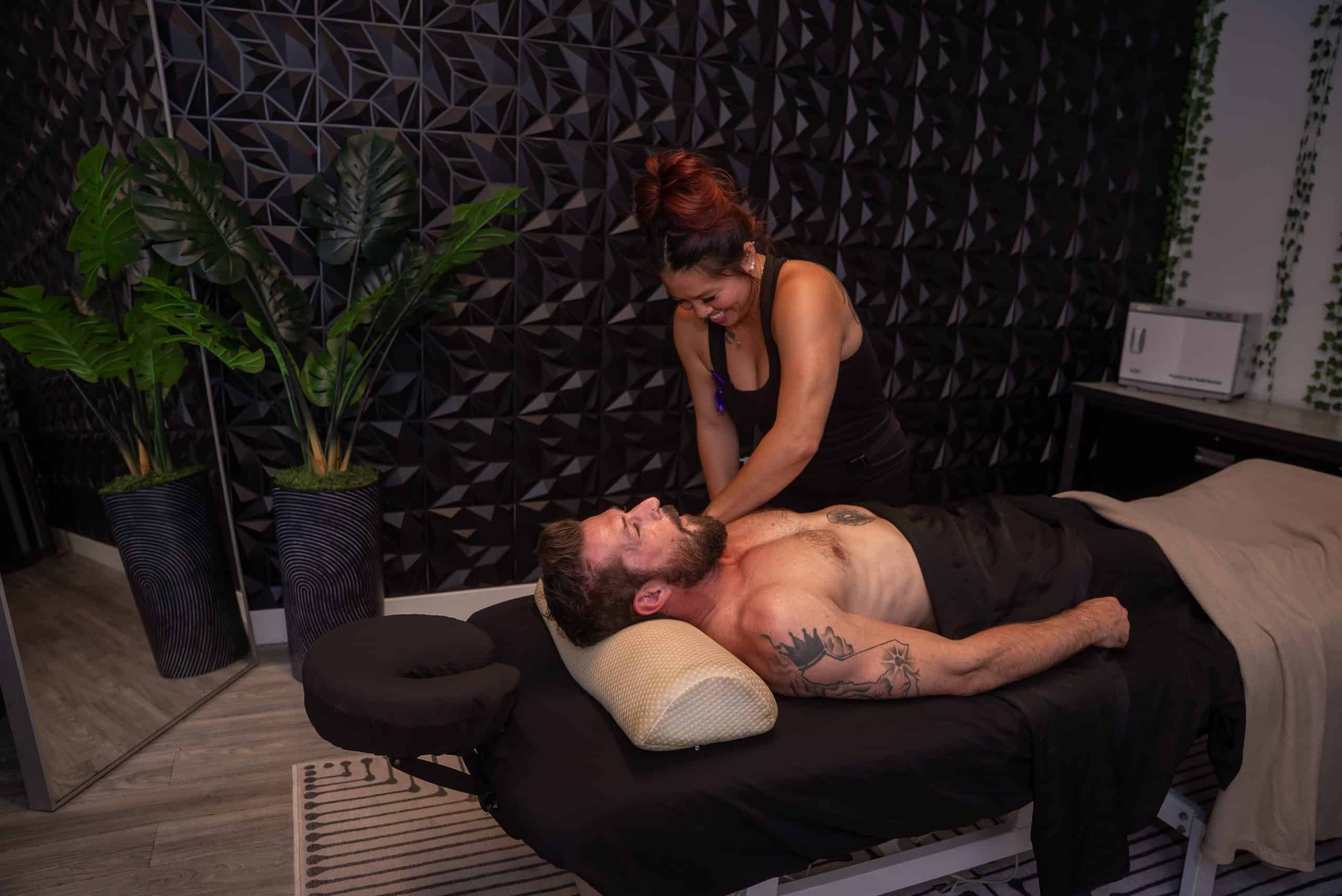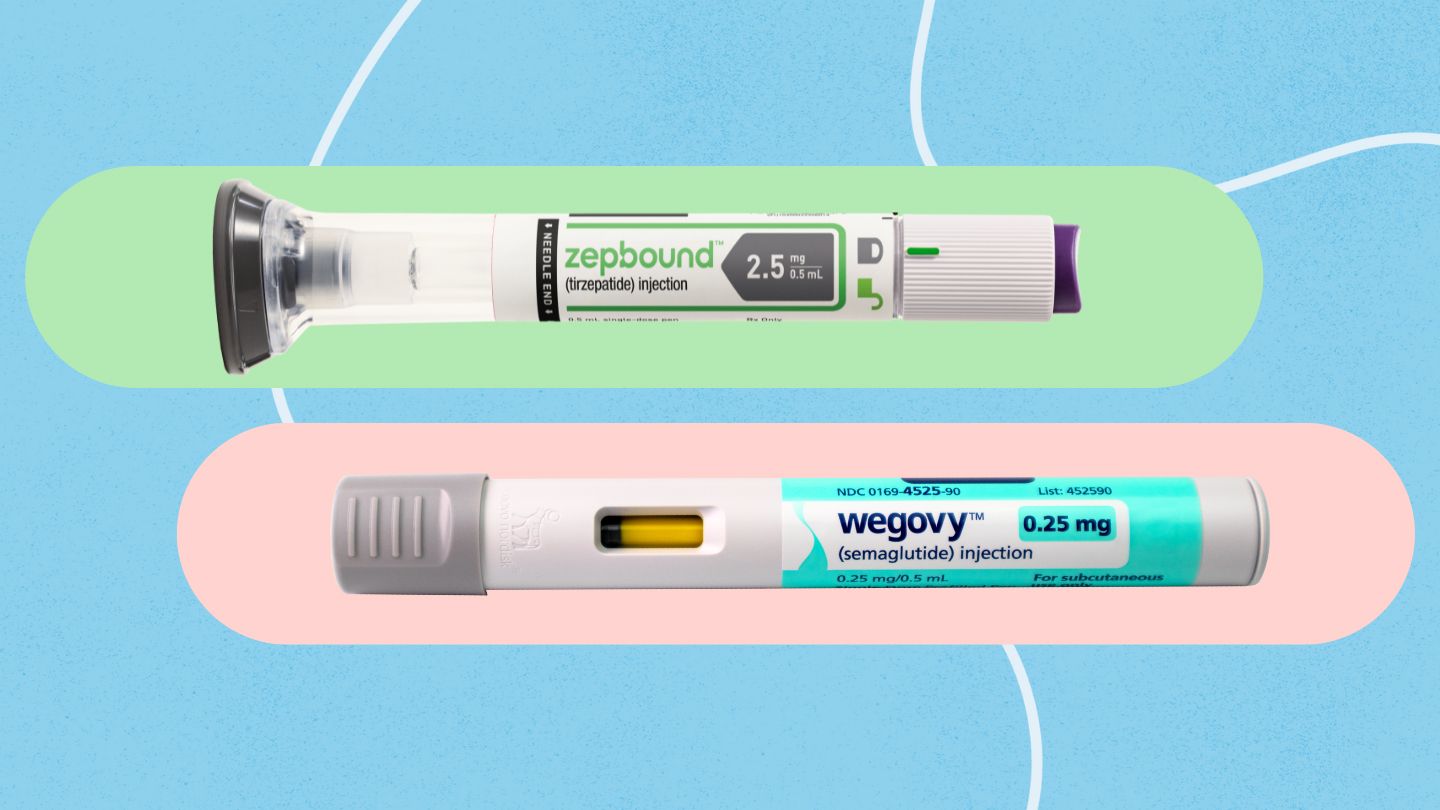If other causes have been ruled out, but you still get night sweats due to Crohn’s inflammation, you can manage the discomfort with these tips.
Limit Evening Triggers
Exercise Early in the Day
Optimize Your Bedroom for Sleep
To lower your chances of sweating through your pajamas, design your sleep space to help you stay cool. For example, you can try using a fan at night, says Lochmann-Bailkey.
“Cool your bedroom, wear breathable layers, and use moisture-wicking bedding,” says Rao. “These adjustments can reduce heat retention and prevent you from waking while the underlying cause is being treated.”
Ask for a Medication Review
If you keep getting night sweats, have your healthcare provider review your medications. “Steroids, antidepressants, opioids, and withdrawal from [steroids] can cause sweating. And biologics and immunomodulators can raise infection risk — [infections can] also present with night sweats.”
- adalimumab (Humira)
- infliximab (Remicade)
- leflunomide (Arava)
- mycophenolate mofetil (CellCept)
- tacrolimus (Prograf)
You may not need to change medications — only the time you take them. “Consider adjusting the timing of medications, especially steroids such as prednisone,” says Lochmann-Bailkey. “[For example], it may be best to take it in the morning, as it can disrupt sleep and could contribute to night sweats.”
Pont suggests taking acetaminophen before bedtime if the night sweats are being triggered by fevers and your provider gives you the go-ahead. “However, you should check with your gastroenterologist before regularly taking acetaminophen or any other over-the-counter medications,” he says.
Keep a Symptom and Temperature Log
Frequent night sweats with Crohn’s can offer important information about your condition, and tracking your symptoms can help you and your provider adjust treatment as needed. “Track your bedtime temperature, stool frequency, pain, and timing of your sweats,” says Rao. “The more information you can give your doctor, the better.”
Pont agrees, and says that your provider may want to run tests to make sure you don’t have an infection and confirm that your medication regimen is working. You can keep a written journal to track symptoms, or use a smartphone app.
Rao recommends calling your doctor if you:
- Wake up drenched in sweat.
- Get fevers over 100.4 degrees F.
- Notice new pain in one specific area.









